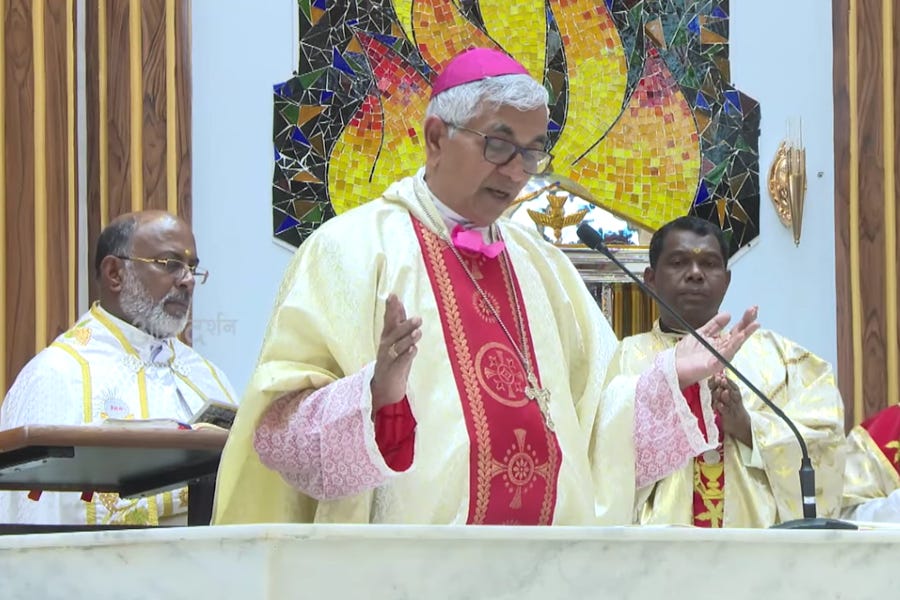Indian bishop denied bail in alleged conversion case
The diocese is appealing the court's decision
A Catholic diocese in India is appealing against a court’s decision to deny bail to a bishop in an alleged conversion case.

Fr. Thankachan Jose, a priest of the Diocese of Jabalpur, said that an appea…
